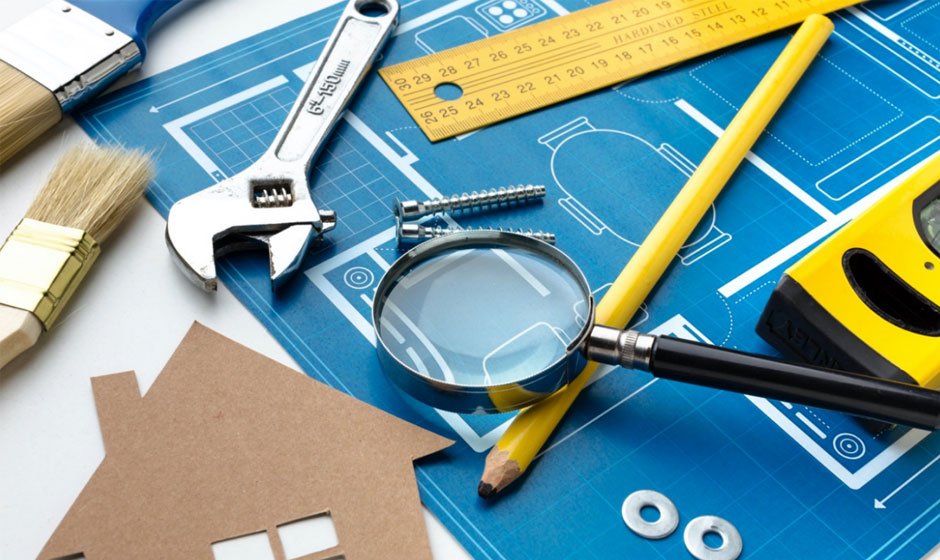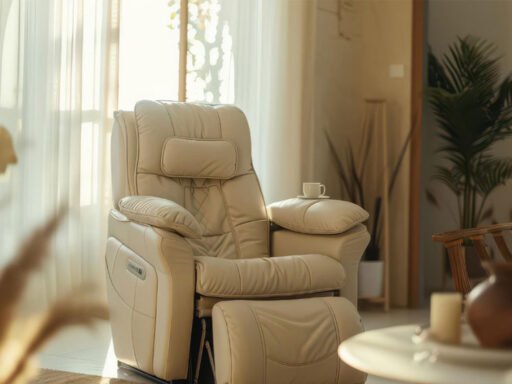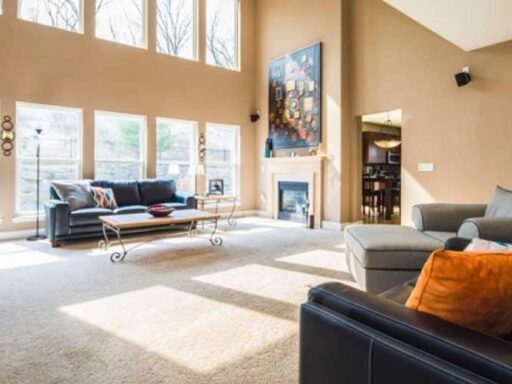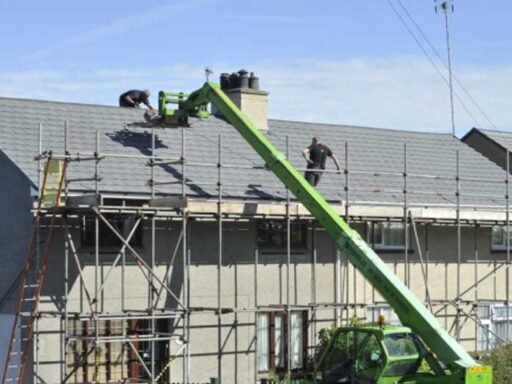There’s something undeniably romantic about buying a fixer-upper—the promise of restoring a home to its former glory or transforming a dated property into a modern dream. But as with many things in life, that romance comes with its own set of challenges. While the potential rewards are enticing, the road to a renovated home can be bumpy, full of unexpected costs, delays, and headaches.
Before diving into the world of fixer-uppers, it’s essential to weigh the pros and cons. Here’s what to consider before deciding if you’re ready for the adventure of transforming a diamond in the rough.
Before You Decide: Why Working with a Great Real Estate Agent Matters
Buying a fixer-upper is not for the faint of heart, but working with a knowledgeable real estate company can make the process a lot smoother. An experienced agent, like those at Harvey Kalles Real Estate, can help you identify properties with real potential and steer you clear of money pits.
They can also offer valuable advice on which renovations will add the most value and which ones might be better left on the back burner. Having a reliable guide by your side can be the difference between a successful project and a money-draining disaster.
The Pros of Buying a Fixer-Upper
Fixer-uppers come with their own set of advantages that can make them an attractive option for homebuyers willing to take on a project. From lower purchase prices to endless customization possibilities, here’s why a fixer-upper might be worth considering.
Lower Purchase Price
The biggest draw of a fixer-upper is often the price tag. Homes that need significant work tend to be priced lower than similar homes that are move-in ready. This means you can get more square footage or a better location for less money upfront.
Customization
Buying a fixer-upper gives you the opportunity to design the home exactly how you want it. Instead of living with someone else’s choices, you get to pick the layout, materials, and finishes that reflect your style and needs. From choosing the kitchen backsplash to deciding whether to knock down that non-load-bearing wall, the choices are yours.
Equity Potential
A well-renovated fixer-upper can significantly increase in value. If you buy a home in a desirable area and invest in quality renovations, you could end up with a property worth much more than you paid for it. This “sweat equity” can be especially valuable if you plan to sell in the future.
The Cons of Buying a Fixer-Upper
However, buying a fixer-upper isn’t all smooth sailing. Renovations can be time-consuming and costly, and the process is often more stressful than expected. Before you commit, here are the challenges you should be prepared for.
Renovation Costs
While the initial price of a fixer-upper may be lower, the cost of renovations can add up quickly. It’s easy to underestimate the true cost of a renovation, especially if you encounter unforeseen issues like outdated wiring, plumbing problems, or foundation issues. You might start out budgeting for a new kitchen and end up needing a new roof. Always factor in a generous contingency fund for the unexpected.
Time Commitment
Renovating a home isn’t something that happens overnight. Between securing permits, hiring contractors, and managing the work, even a small renovation project can stretch into months. If you’re tackling a major renovation, you’ll need to be prepared for the long haul—and the stress that comes with living in a construction zone or juggling a temporary housing situation.
Stress and Uncertainty
There’s a reason home renovation shows edit out the stressful parts. Coordinating multiple projects, dealing with contractors, and making hundreds of decisions can be overwhelming. And with unexpected problems cropping up along the way, your dream project can start to feel like a nightmare.
Buying a fixer-upper offers the chance to create something uniquely yours, a home that reflects your tastes and lifestyle. But it’s not without risks.
The path to a beautifully renovated home can be littered with unexpected costs, delays, and stress. If you’re up for the challenge—and have the budget and patience to match—a fixer-upper can be a rewarding way to make a house truly feel like home. Just make sure to go in with your eyes wide open, and a solid plan (and team) behind you.





